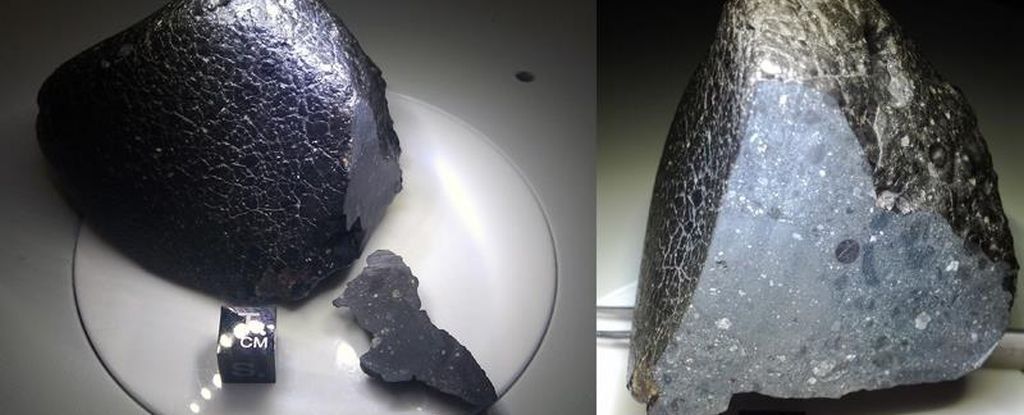ARTICLE AD
On August 13, the Japanese Coast Guard issued a warning on social media that several beachgoers in Fukui Prefecture had suffered injuries from dolphin bites. While authorities are warning people to stay away, experts say the bites could be a sign of a lonely aquatic mammal who’s just trying to make some friends.
“Wild dolphins can harm people, and there have been a series of incidents since last year,” the coast guard wrote. “If you see a dolphin, get out of the water immediately, don’t get too close, and don’t feed it. Swimming in the sea is only allowed at beaches that have opened for the season.”
Kyodo News reported that 18 people have been injured so far this summer, and that a single 8-foot-long (2.5-meter-long) Indo-Pacific bottlenose dolphin may be responsible.
Tadamichi Morisaka, a dolphin ecologist at Japan’s Mie University, told Nature that gentle biting is commonly observed among male bottlenose dolphins in the wild. The nibbles are a way to maintain relationships, so “in this dolphin’s mind, he might have already built a friendly relationship with humans,” said Morisaka.
So far, nobody has suffered fatal injuries, with most bites resulting in cuts that occasionally require stitches. The lack of severity is a sign that the dolphin is lonely and looking for “some kind of interaction,” said Morisaka.
“We’ve seen that this dolphin randomly shows up at a beach, bites if there are people around, wanders off and repeats,” he said. “If he really wanted to attack, he could have come tackling at full force and chomped down. But he’s keeping the biting gentle for dolphin standards, so it’s probably a friendly gesture rather than a full-on attempt to attack.”
According to Morisaka, dolphins usually live in tightly-knit pods, but it’s not unusual for individuals to leave their pod and go it alone. He also warned that the dolphin could become more aggressive in an effort to establish dominance, at which point the injuries to humans could become more grievous, due to the animal’s size and speed.
Bottlenose dolphins can have a fearsome bite, as their mouths are lined with up to 100 sharp conical teeth. While great white sharks and orcas generate headlines, it’s not unheard of for dolphins to get aggressive with humans, and Japan has been a particular hotspot in recent years. In 2023, at least six people were injured while swimming in coastal waters, including one man who suffered broken ribs. A year earlier, several more swimmers were bitten, including one who required a hospital visit.
Violent incidents are not limited to wild dolphins. In 2022, a dolphin attacked a trainer during a performance at Miami Seaquarium. In 2019, a 10-year-old British girl was dragged underwater by dolphins kept in captivity in Mexico, suffering cuts, bruises, and bite marks.
Despite their reputation for playfulness, and stories of dolphins acting as saviors to imperiled humans at sea, it’s important to remember these are still wild animals whose behavior can be unpredictable. That might be a turn on for some notable weirdos, but for the rest of us, it’s best to keep our distance and admire the creatures from afar.

 2 months ago
27
2 months ago
27 

